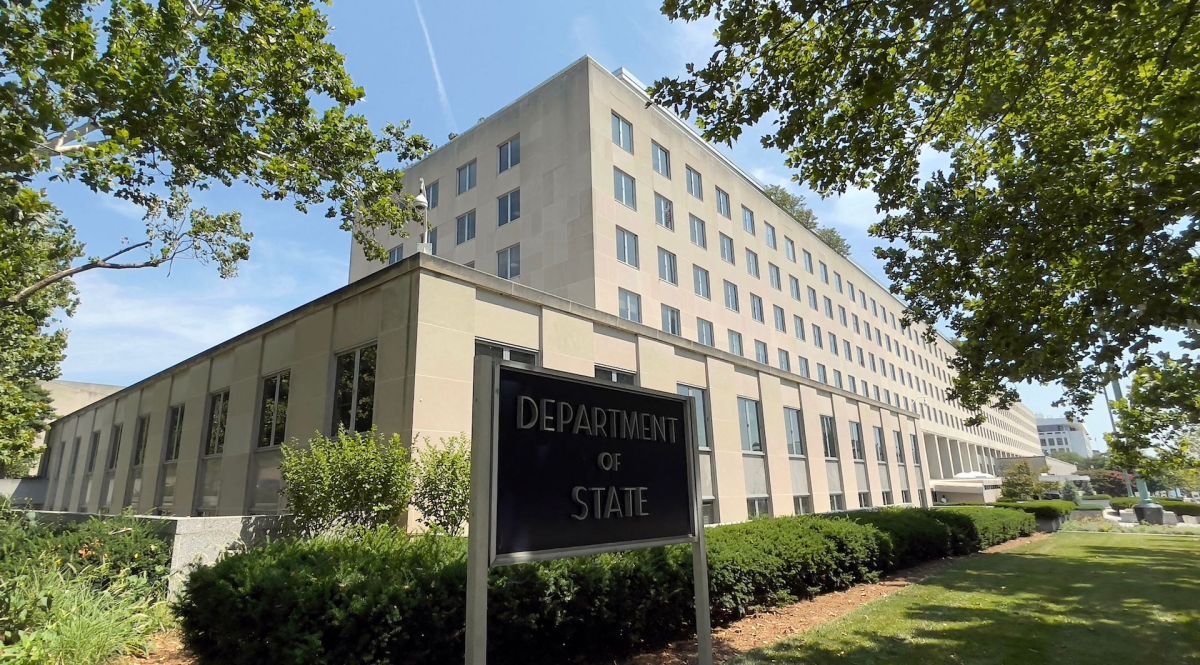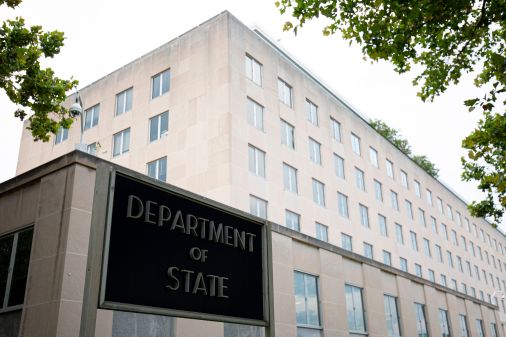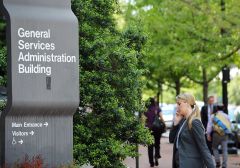State Department launching new assessment-based recruitment process for data scientists

The State Department plans to launch its own assessment-based job application process for data scientists, following the success of last year’s 10-agency joint hiring announcement, within the next three weeks.
Together the Center for Analytics and Bureau of Global Talent Management will host a webinar in early April on a new Subject Matter Expert Qualification Assessment, through which qualified applicants will be certified to work at the participating bureau of their choosing.
The qualification will be similar to the one the U.S. Digital Service, Office of Personnel Management and Federal Chief Data Officers Council rolled out on behalf of 10 agencies in January 2021 with subject matter experts reviewing condensed resumes, a written assessment, a multiple-choice questionnaire with some technical questions and conducting structured interviews.
“People have to demonstrate in a fair way these quant skills, which takes more work up front,” Garrett Berntsen, deputy CDO for the State Department, told FedScoop. “But you get people with the hard skills, and then you can still have further discussions with them about team fit following the test.”
A lot more department bureaus want to participate in mid-April when State’s Center for Analytics (CfA) posts a yet-to-be-finalized position description for data scientist positions. This will seek candidates with skills in core math and statistics; written, verbal and visual communication of analyses; and data cleaning and engineering, Berntsen said.
Participating agencies have until April 1, 2022, to hire qualifiers off the original joint hiring announcement certification, or cert, but the State Department finished onboarding the last of its 15 data scientists hired that route the week of March 14.
Several other bureaus hired about 10 data scientists total, after helping craft position descriptions and conduct 500 resume reviews with the CfA and the other department divisions.
“We were looking for people with programming skills, who could do statistics but also understood the mission of the department and could apply data and data science to foreign policy and mission challenges — which is mostly what our office tackles,” Berntsen said.
About 90 of the 100 candidates the State Department sought were interested, boasting backgrounds in tech, consulting, campaigns and media and representing diverse races, ages, genders and sexual orientations.
The State Department made its first hires in the summer, with on-the-job training starting immediately, but the process wasn’t without hiccups. Berntsen detailed many of these in a Twitter thread earlier this month, including the fact new hires had to wait for their security clearances.
Despite the fact relatively young data scientists were hired at the competitive General Schedule-13 and 14 pay grades, most still took salary cuts.
Private sector hires had to adjust to more limited technology access and State Department leadership not always buying into data-based diplomacy, Berntsen said.
On the other hand trust is inherently higher with data scientists who are civil servants rather than contractors, and new hires hit the ground running with leadership opportunities available to them, Berntsen said.
Data scientist hires made by State’s CfA broadly focus on one of two areas: diversity, equity, inclusion- and accessibility related data analysis or strategic competition with China. But the team was also tapped to assist with the response to the Afghanistan retrograde.
“Some of our new team members, their very first day, were thrown in to support what’s called the Afghanistan Task Force that was stood up in July and August of last year,” Berntsen said.
The work involved supplying State Department leadership with data analyses on the situation and assets on the ground.
CfA is also assisting the department’s Operations Center as the situation in Ukraine evolves post-Russian invasion.
“Some [task forces] require more quantitative analysis and tracking, and others don’t,” Berntsen said. “But we definitely support that mission as well.”
When the Biden administration released its modernization agenda for the State Department, it placed an emphasis on acquiring the best talent, skills and information.
CfA has focused “a lot of energy” on addressing its talent gap, Berntsen said.
“It all starts with good candidates applying,” he said. “And you have to communicate and talk outwardly about the great opportunity of serving in government in data and tech roles.”




